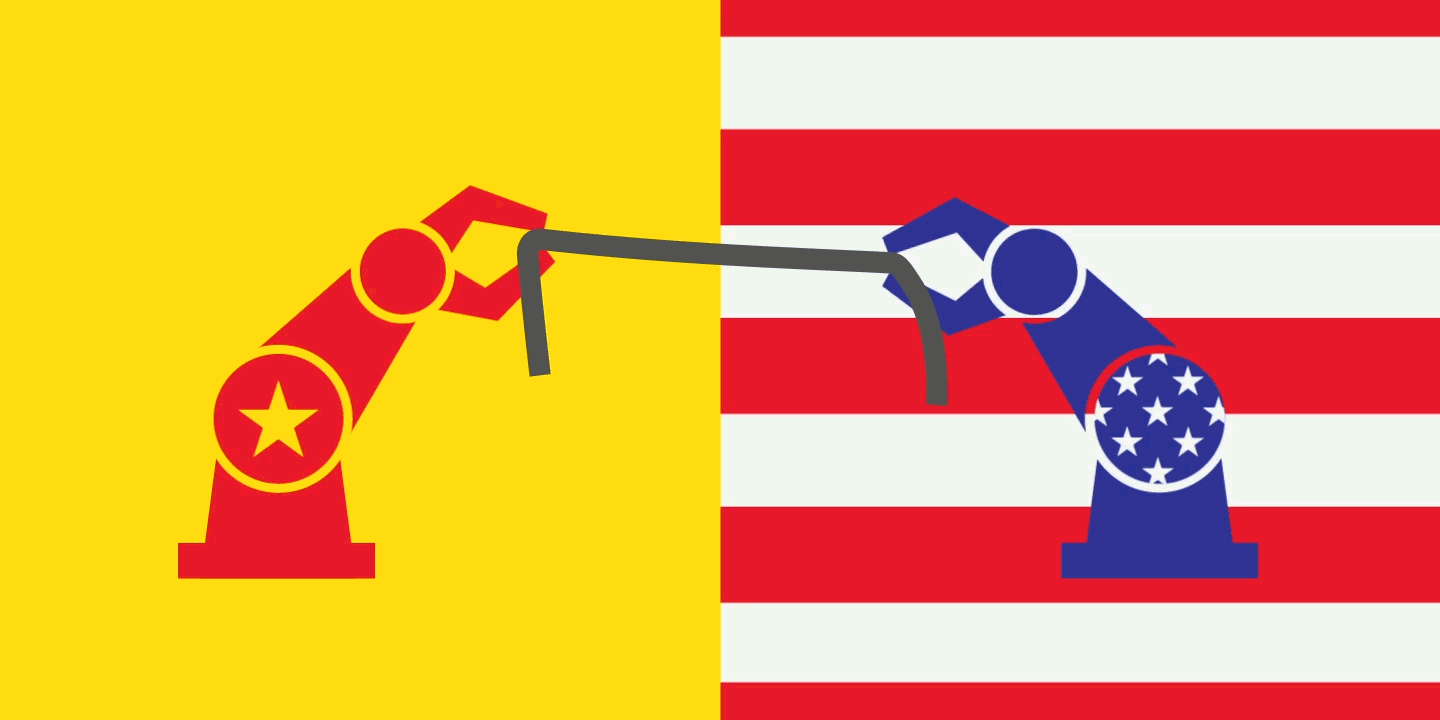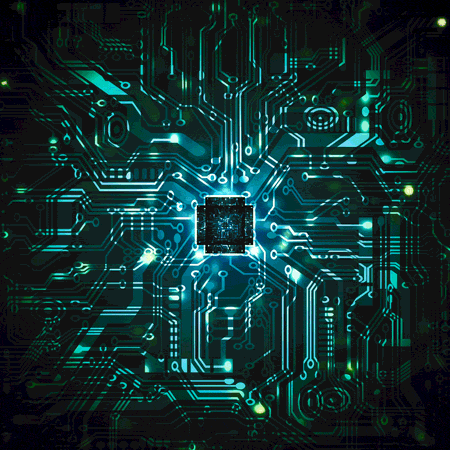AI: All about the Chips. RTZ #335
...the momentum to build AI Chip Fabs in America & for America
Long-time readers know that I view the current US/China ‘Threading the Needle’ on it trade, tech and geopolitical interests as one of the key marco issues facing the current AI Tech Wave.
One of the biggest near-term tussles of course is around bringing semicondcutor chip fabrication facilities (aka ‘Fabs’) back to the US. The Biden Administration’s US Chip Act is currently in the process of being implemented by the US Commerce Department under Secretary Gina Raimondo, in its disbursement of over $50 billion to US and Asian Semicondcutor companies. Asian semiconductor companies like Samsung, SK Hynix, TSMC and others are building ‘Giant Chips Plants in America’, investing tens of billions of dollars over many years.
As I recounted in the recent US blessed Microsoft investment in the UAE’s G42 AI venture, these are also uniquely challenging issues for US tech companies to navigate around the world.
In the near-term, AI chips and ‘Compute’, with sufficient Power, is Priority number one for US Tech Executives. From OpenAI and its Founder/CEO Sam Altman, to Nvidia Founder/CEO Jensen Huang, to Apple CEO Tim Cook, to dozens of US tech companies, from semiconductor to software and hardware companies, are in the process of navigating their way through these turbulent US/China driven issues.
For the AI Industry, as I’ve outlined before, the most critical priority is getting enough supply of AI GPU chips, data center infrastructure, Power, and Talent. Not just in the US, but around a complicated chip-driven world.
And that priority is particularly driven by the uniquely exponential capabilities of AI hardware and LLM AI software, growing at rates of 10x plus a year for the next few years. This is unprecedented relative to prior major tech waves, even with the tail wind of Moore’s Law which saw computer power doubling every two years, with halving of prices, and delivering on that ‘promise’ over decades.
Back home, in the current geopolitical reality between US and China, trade, tech and especially AI have become the hot button issue on where there seems to relatively high bipartisan agreement in America.
I’ve outlined my thoughts on the countries banning TikTok, owned by Chinese parent company Bytedance. The recent bipartisan support for the ‘TikTok Ban’ and Divestiture issue that sailed through Congress on its way to the Senate and then the President, is the latest example.
Not far behind is the support for initiatives that encourage more manufacturing and supply chain repositioning back to the US.
This was particularly highlighted by Axios on the US Commerce Secretary “Gina Raimondo: China microchip threat a national security issue”:
“Commerce Secretary Gina Raimondo said in an interview airing Sunday she's focused on preventing the governments of China and Russia from obtaining U.S.-designed advanced microchips due to national security concerns.”
“The big picture: "If you think about national security today in 2024, it's not just tanks and missiles; it's technology. It's semiconductors. It's AI. It's drones," she told CBS' "60 Minutes." "And the Commerce Department is at the red-hot center of technology."
“Driving the news: Raimondo told CBS' Lesley Stahl that the Commerce Department had stopped all semiconductor chips from being sold to Russia in response to the invasion of Ukraine.”
"Every drone, every missile, every tank has semiconductors in them," she said.
“Raimondo said U.S. export controls had hurt the ability of Putin's forces to conduct the war and noted she'd heard of "Russians taking semiconductors out of refrigerators, out of dishwashers."
“Yes, but: Stahl noted that Chinese officials had warned the Commerce Department's ban prohibiting any company in the world from selling products with U.S.-designed chips in them to Russia "could trigger an escalating trade war."
“Stahl put it to Raimondo that "trade with China accounts for 750,000 U.S. jobs."
"We want to trade with China on the vast majority of goods and services. But on those technologies that affect our national security, no," Raimondo replied.
"We have the most sophisticated semiconductors in the world. China doesn't," she added. "We've out-innovated China."
The whole piece is worth reading. The 60 Minutes video interview is available here, and the transcript here.
This recent Goldman Sachs report on ‘The generative world order: AI, geopolitics, and power’ highlight the key issues and dynamics. Most are unique headwinds for the AI Tech Wave relative to all prior Tech Cycles that have boosted the US and World economies over decades.
Both China and the US continue to struggle with focusing on the thorny issues, balancing their unilateral domestic political and economic agendas vs their unilateral long-term growth and national security interests. WIth heated, often impassioned arguments on both sides. In both countries. And in and around the ‘Magnificent 7’ US tech companies large and small, from Apple to Nvidia to Microsoft to Tesla and beyond.
It’s encouraging to see the White House and senior US Government officials continue to ‘thread the needle’ through these difficult issues. And we’re likely to get sufficient chip supplies with fabs not just in the US, but in allied countries like Japan, India, and many others beyond China.
It’s all going to determine the pace at which the AI Tech Wave unfolds globally. Stay tuned.
(NOTE: The discussions here are for information purposes only, and not meant as investment advice at any time. Thanks for joining us here)









